Building Community
When asked, the grandparent I met at Thompson Park in West St. Paul said he was from the West 7th Area of St. Paul. There are, of course, play grounds in the West 7th area and nearby that are much closer. Why make the trip across the river? Perhaps his grandkids lived close to the Park. Perhaps like my wife and me, he was in search of new playground options for those days when he was blessed with the care of his grandkids. Or, perhaps he came to the Thompson Park playground because the newly created playground was “Woke.”
In all probability the creators of the new Thompson Park playground never branded it as woke, especially given the derision the term has received in recent years. What makes this particular playground woke is that it is among those newer playgrounds specifically designed to include children with disabilities. If there is a common thread to the meaning of woke it would be inclusion.
Our grandkids thoroughly enjoyed the merry-go-round, but rather than spin on an axel a foot or more off the ground, this one was even with the ground, making it fully accessible to a child in a wheelchair. Our grandkids took the traditional route of climbing ladders up to the slide, but they also enjoyed running up the ramps, getting them to the same place where they were soon sliding down with delight. There was absolutely no compromise on the fun experienced by our able bodied grandkids. If anything, the creativity that went into making this playground accessible for all children only enhanced their experience. This playground was designed to be inclusive and responsive to the circumstances of those commonly left out. This playground is woke.
As is often the case when it comes to notions of inclusion and its deeper roots of social justice, we have the long history of black liberation struggle in this country to thank. As early as the 1920’s, the Black leader and philosopher, Marcus Garvey was exhorting black residents to be woke, to be aware of the circumstances they face, so they might together struggle for their liberation. The blues singer Lead Belly sang about being woke in his 1938 song the Scottsboro Boys as he told the story of the four Black boys, wrongly accused of raping a white woman and sentenced to death by an all-white jury. The word “woke” remained active in the Black lexicon experiencing a broader resurgence with the advent of the Black Lives Matter movement. Woke pushes for full inclusion, but liberation and justice for those being denied are its foundational principals.
It is hardly surprising that reactionary forces have attacked the notion of woke with such force, animosity and outright hatred. As is noted in an article by the Legal Defense fund, “It’s hard to get people to demonize human beings and lives and history. But it’s easy to get them to demonize a word. And if you can use that word as a placeholder for those people, for caring about those people, then it’s easy to demonize instead of saying, ‘We’re just gonna stop caring about people.’”
The reality is, we all have an investment in the notion of woke as a driving force for inclusion. To the extent aggrieved young white men or any other group have felt excluded on college campuses, woke is for them. It calls for their inclusion. This is the historical gift of liberation that Black Americans offer to our community and our nation; wake up and embrace the full benefit of inclusion. We all gain when playgrounds and all other spaces we gather as fellow human beings make room for the full range and gifts of our diversity.
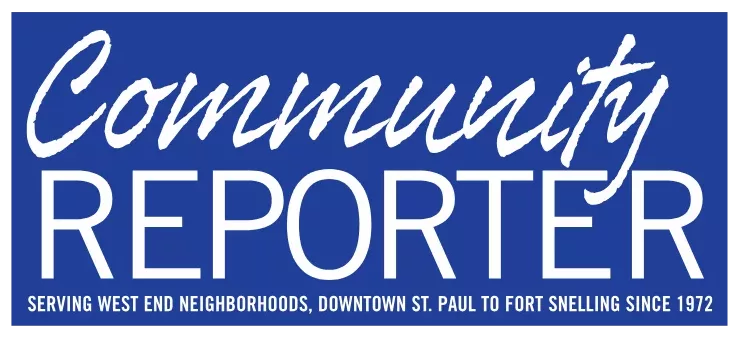
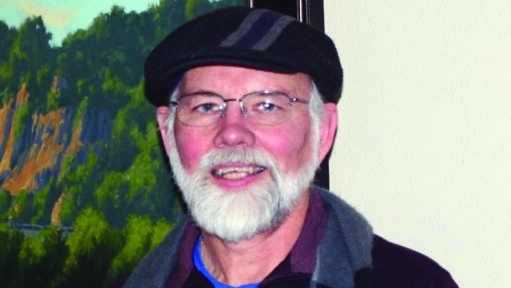
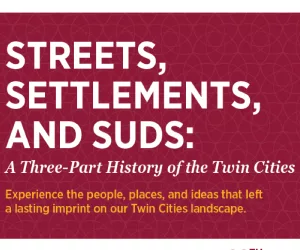

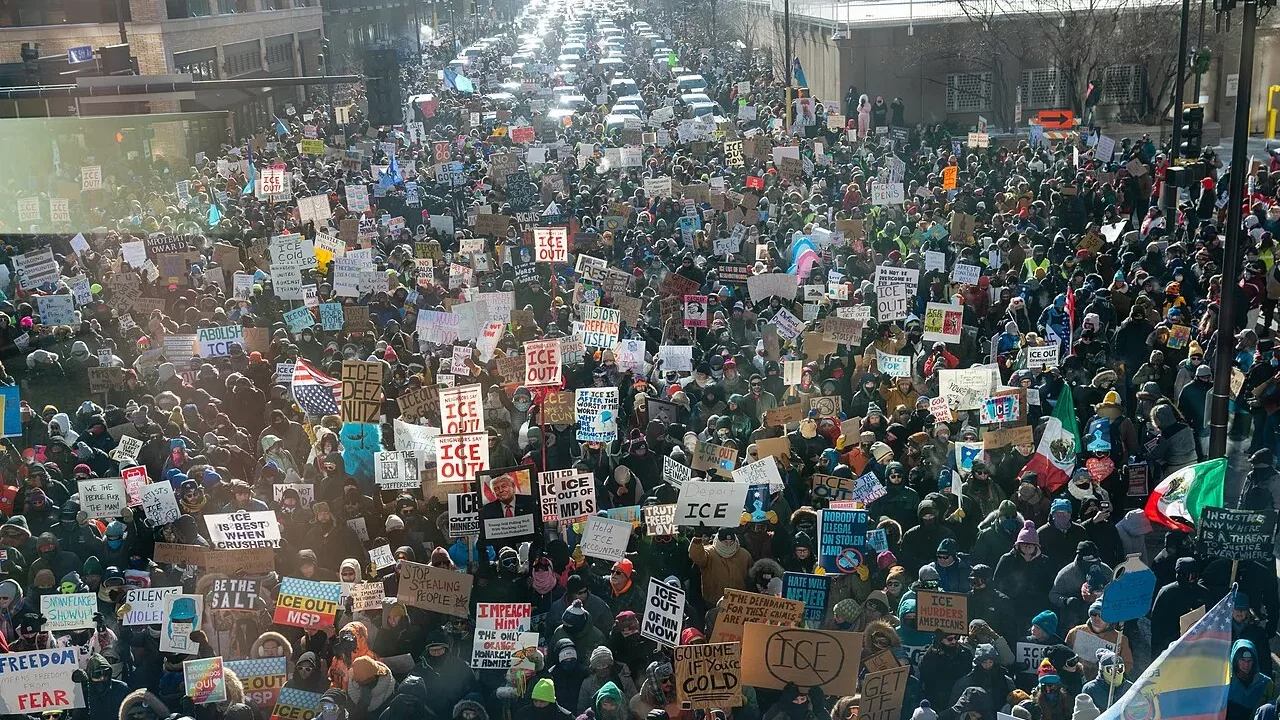

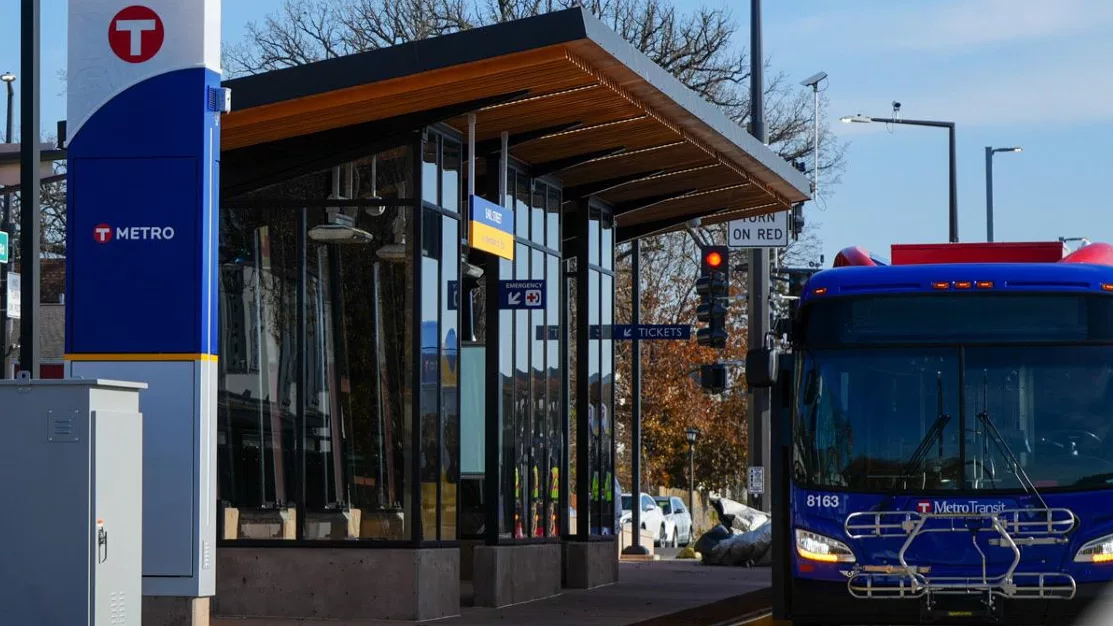
Leave a Reply